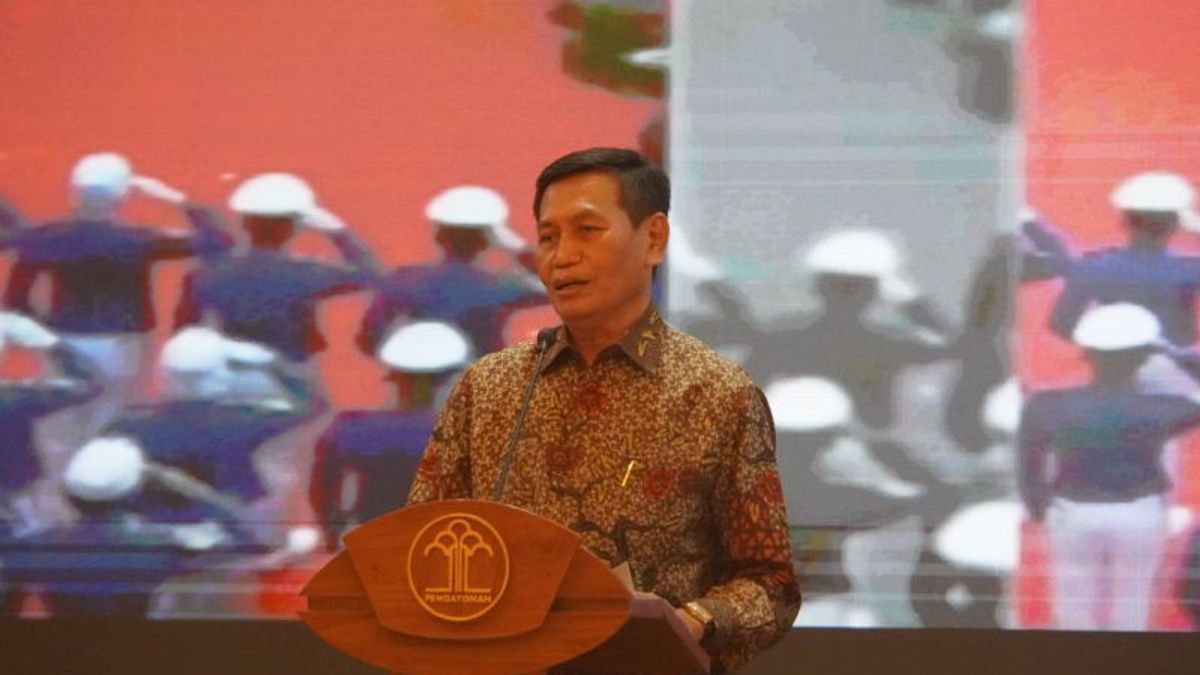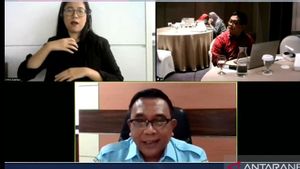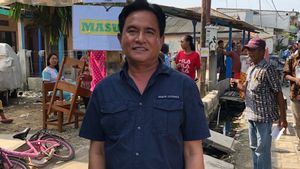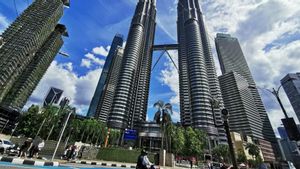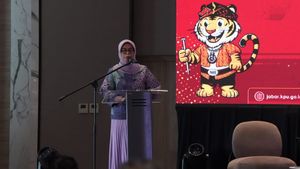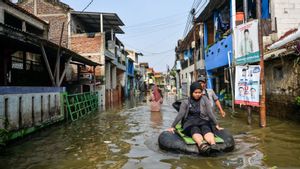JAKARTA - The Indonesian Ministry of Law and Human Rights (Kemenkumham) reminds the central, regional, and relevant stakeholders that the development of industry must not sacrifice the rights of indigenous peoples.
"Every time there is an investment or industrial development, indigenous peoples are often marginalized," said the Director-General of Human Rights at the Ministry of Law and Human Rights, Mualimin Abdi, when contacted in Jakarta, reported by Antara, Sunday, October 31.
From a number of cases or events that occur, indigenous peoples always do not have a strong position to defend their rights.
On this basis, the government issued the fifth generation National Action Plan on Human Rights (Ranham) 2021-2025, one of the focuses of which is to protect indigenous peoples about their rights.
The Ministry of Law and Human Rights, said Mualimin, has conveyed to the central and regional governments that when there is industrial development, indigenous peoples must be involved and talked to.
"So don't make them victims, but make them subjects to discuss it," he said.
SEE ALSO:
In the fifth generation Ranham, the government focuses on targeting vulnerable groups which include women, children, disabilities, and indigenous peoples.
Not only the issue of protection, enforcement, fulfillment of human rights for indigenous peoples, Mualimin also mentioned the government's role in ensuring the same thing for people with disabilities.
He said that the proof that the government cares about the disabled is that there are more job opportunities in the government and in the private sector.
Regarding the achievements of Ranham 2021-2025, each local government must convey what has been done in accordance with the target of the fifth generation Ranham.
The report is submitted quarterly to the central government through the Presidential Staff Office and copied to the Directorate General of Human Rights for evaluation.
For example, in the fifth generation Ranham there are 20 actions focused on women. From these indicators, the Regional Office of the Ministry of Law and Human Rights in the regions will carry out factual verification.
"Or for another example, the officers will see if it is true that the children have received protection, education, health, and so on," he said.
The English, Chinese, Japanese, Arabic, and French versions are automatically generated by the AI. So there may still be inaccuracies in translating, please always see Indonesian as our main language. (system supported by DigitalSiber.id)
